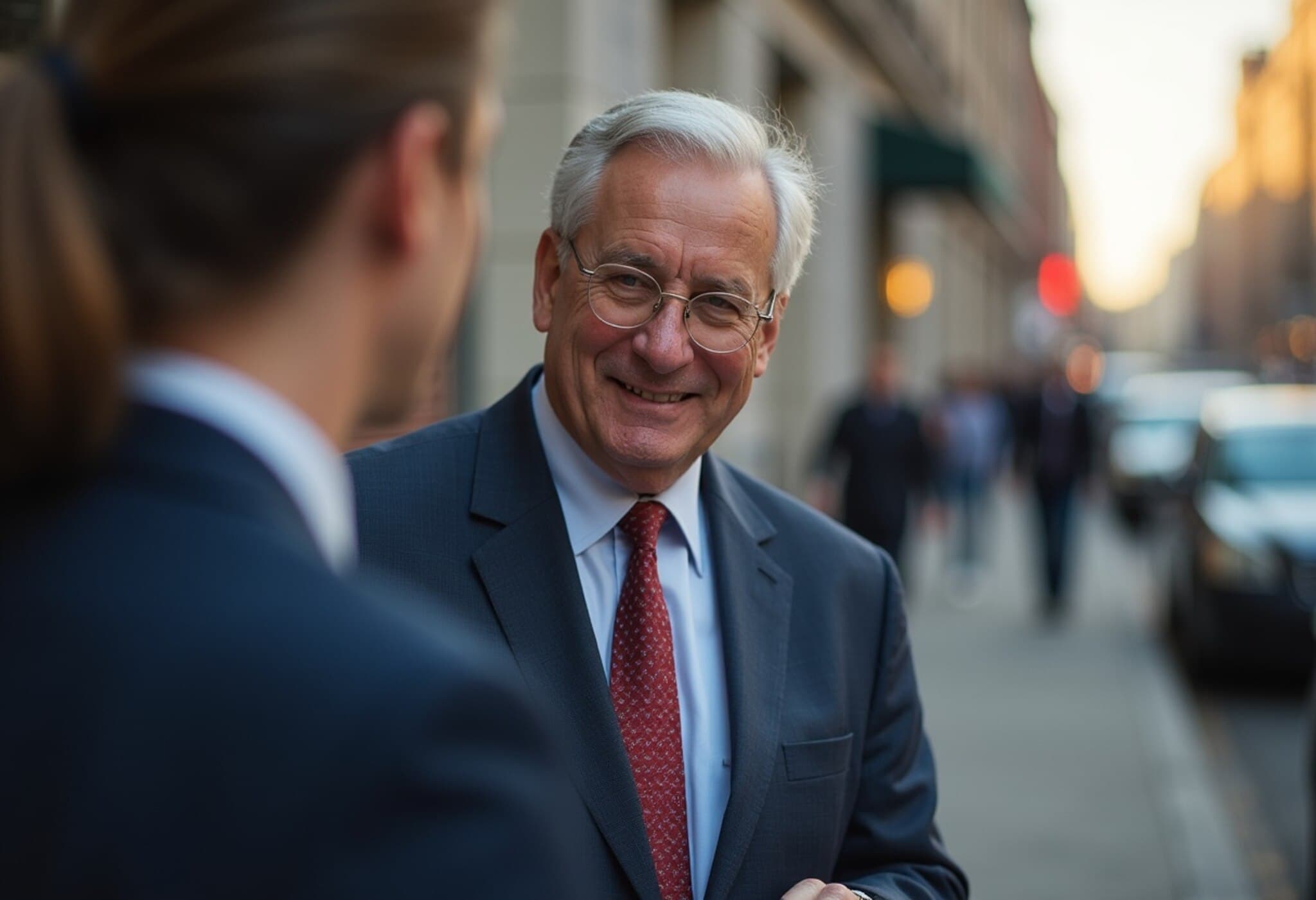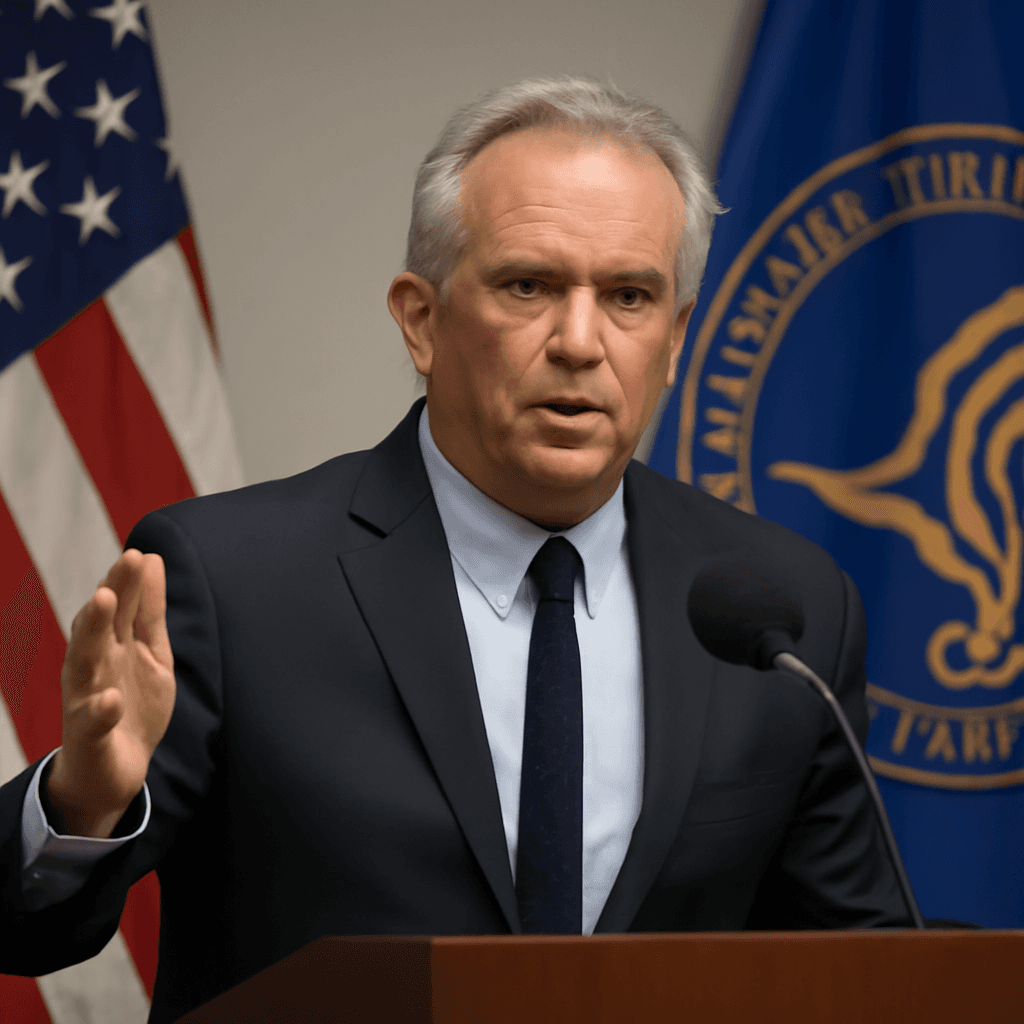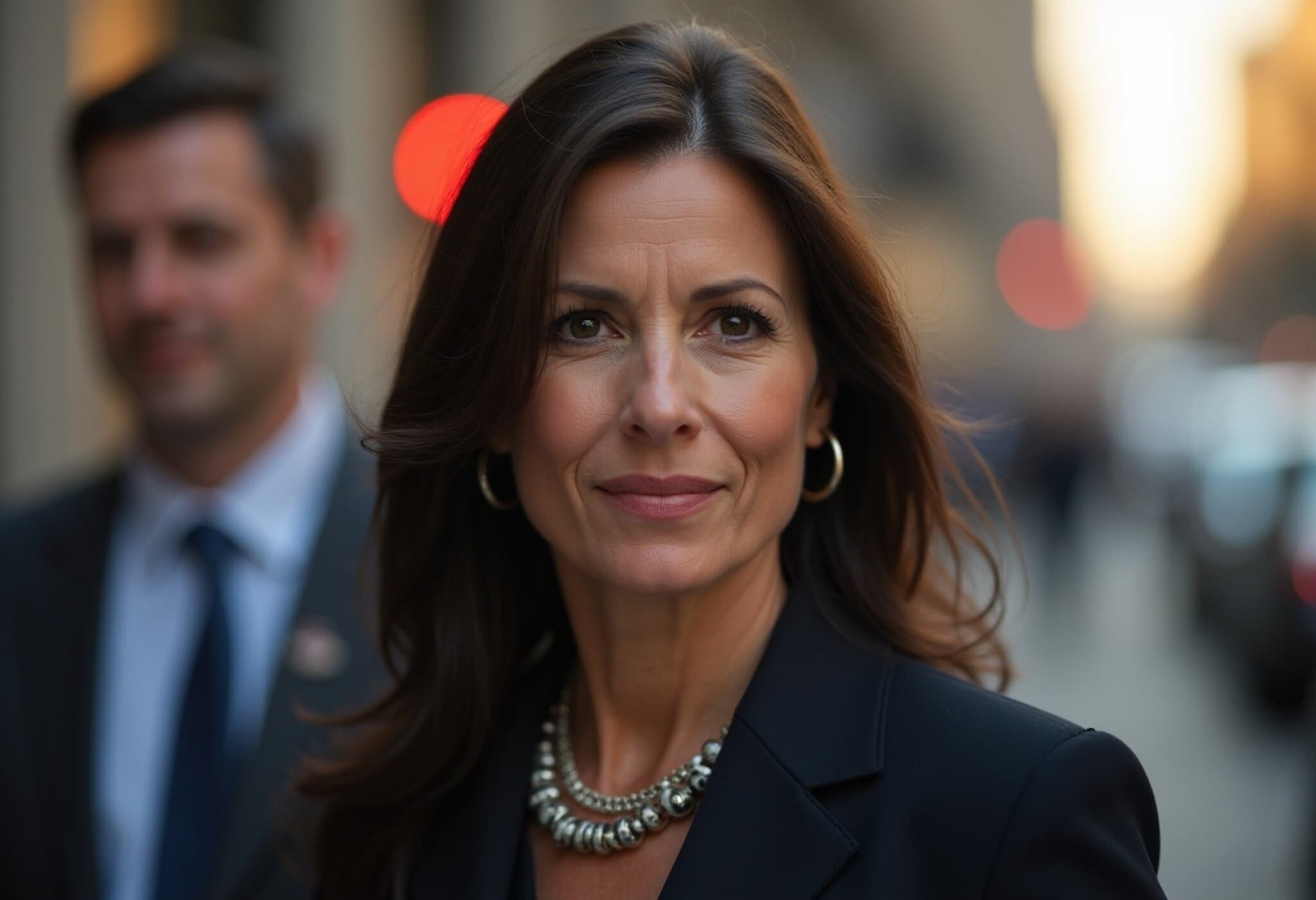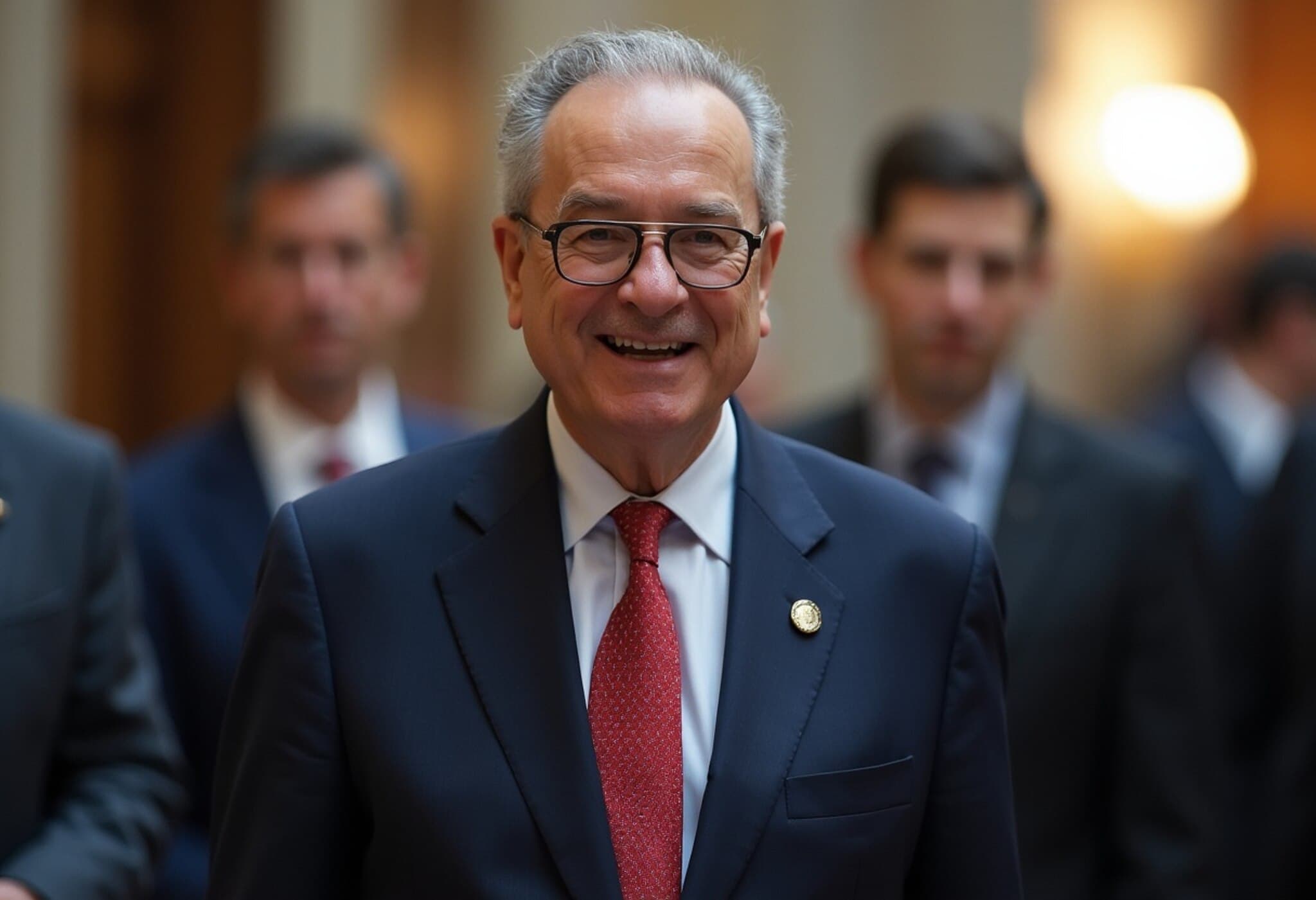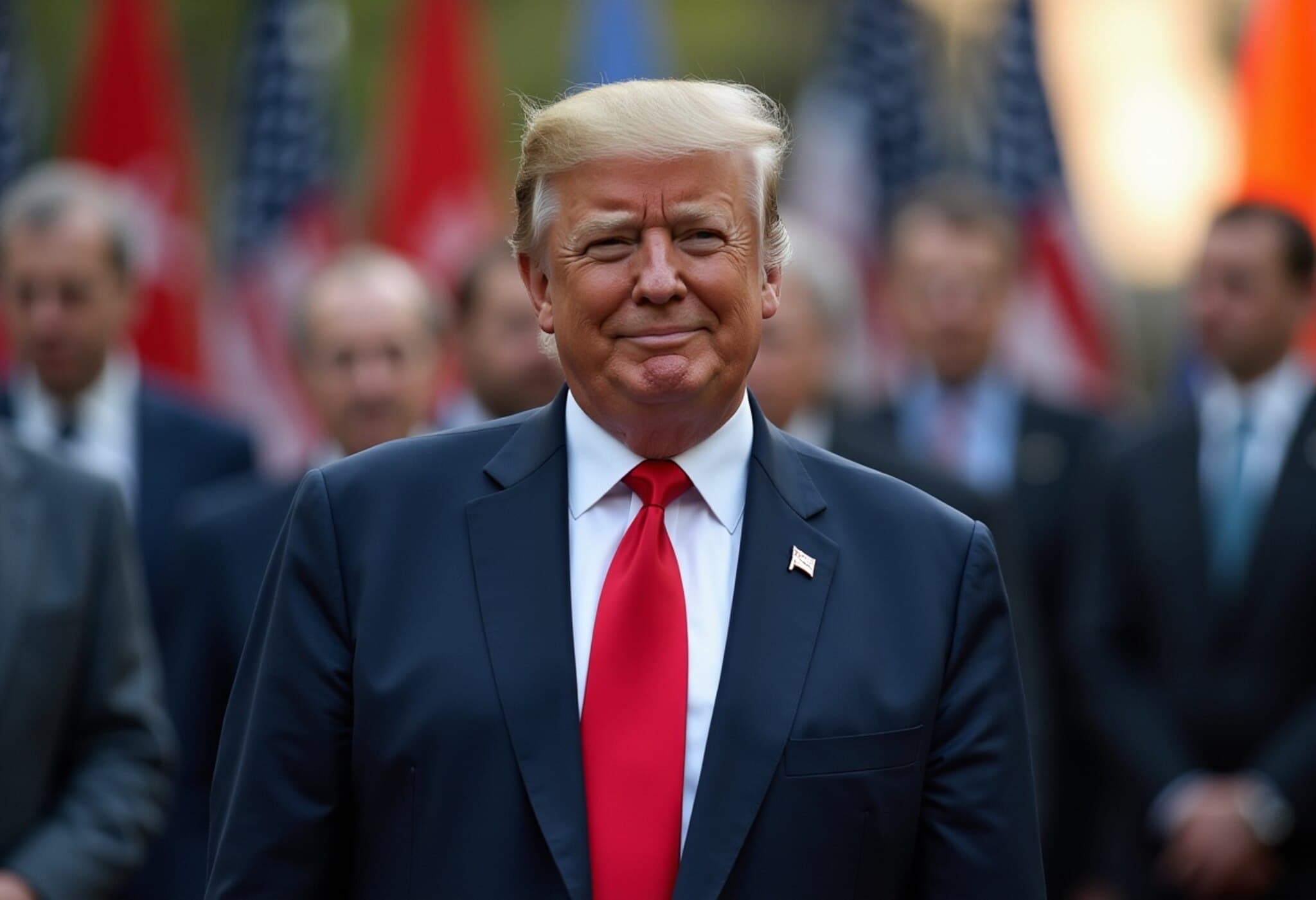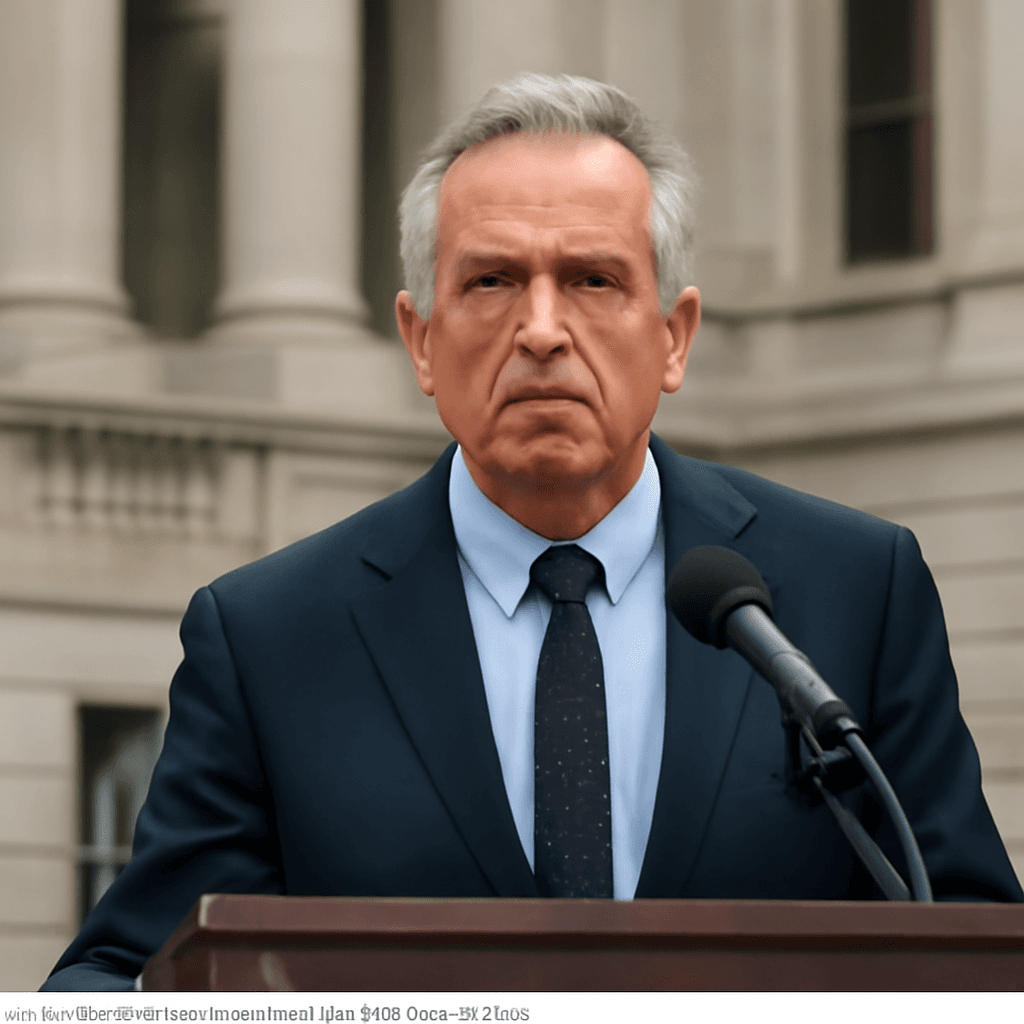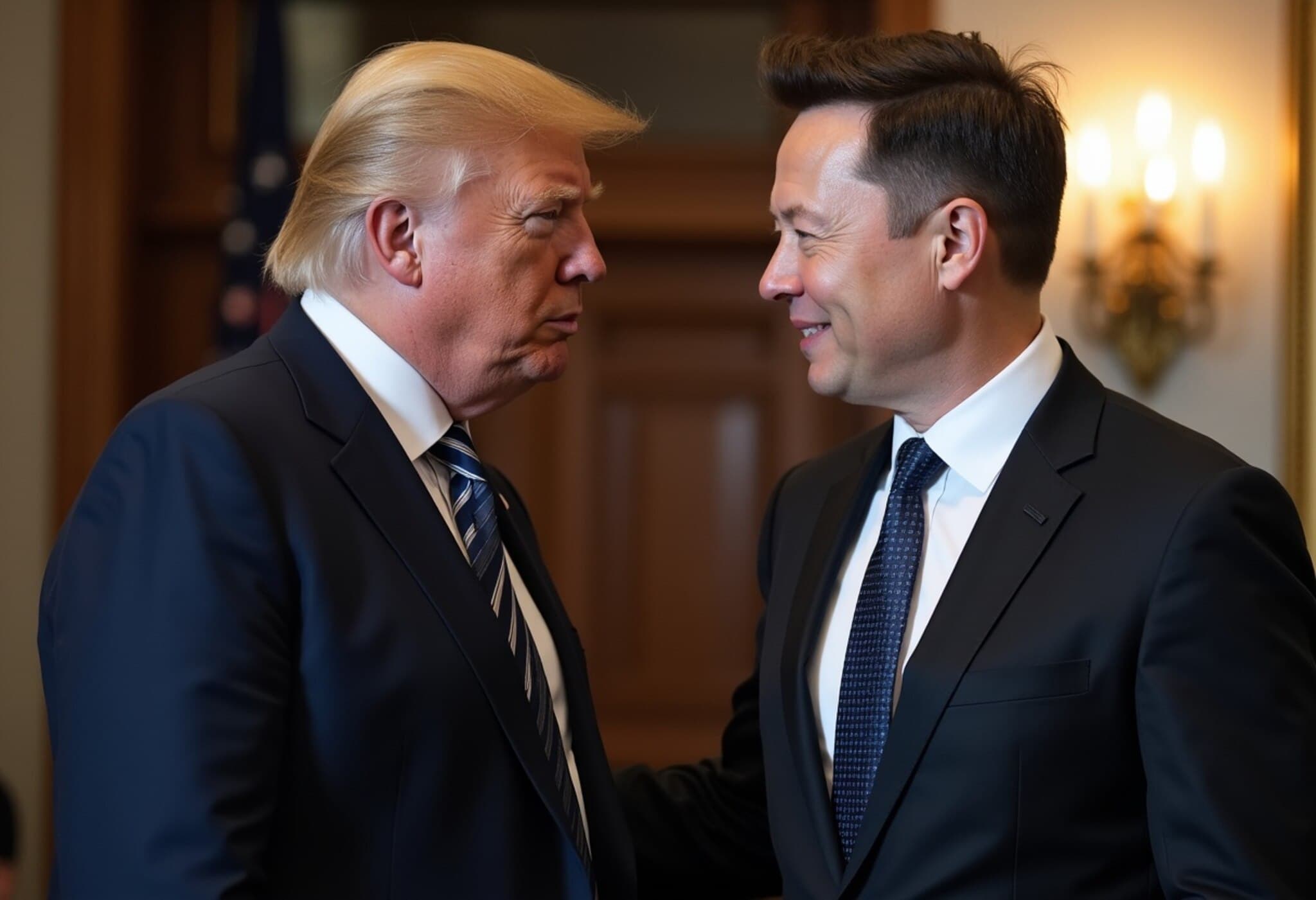RFK Jr. Overhauls Vaccine Advisory Panel with Controversial New Members
In a bold move that signals a shift in U.S. vaccine policy, Health and Human Services Secretary Robert F. Kennedy Jr. has dismissed all former members of the Advisory Committee on Immunization Practices (ACIP) and appointed eight new members. This newly formed committee includes several vocal critics of vaccines and one individual who self-identifies as an "anti-vaxxer."
A Clean Sweep and a New Direction
On Monday, Kennedy took the unprecedented step to remove all 17 existing members of the panel, stating that a "clean sweep is needed to reestablish public confidence in vaccine science." The ACIP plays a crucial role, as its recommendations inform the Centers for Disease Control and Prevention (CDC) on immunization guidelines and vaccine implementation nationwide.
Controversial Appointments Raise Eyebrows
The new panel's composition includes notable figures with unconventional views on vaccines. For example:
- Robert Malone — a scientist credited with work on mRNA technology but who has propagated debunked claims that COVID-19 vaccines contribute to an AIDS-like syndrome. Prior to his appointment announcement, Malone embraced the title "anti-vaxxer" on social media, calling it a "compliment." However, officials clarify that Malone opposes vaccine mandates rather than all vaccines.
- Vicky Pebsworth — a nurse and vaccine safety advocate whose involvement was motivated by her belief that her child suffered long-term harm from immunizations. She is affiliated with the National Vaccine Information Center, an organization known for questioning vaccine safety.
- Retsef Levi — an MIT professor who has publicly questioned the safety of mRNA COVID vaccines, even claiming that evidence shows these vaccines cause serious harm including death, especially in young people. Levi co-authored a preliminary study about deaths following mRNA vaccination, a topic that has stirred controversy due to limited peer review.
- Martin Kulldorff — an epidemiologist previously associated with Harvard Medical School who co-authored the Great Barrington Declaration, advocating for alternatives to strict COVID lockdowns by focusing protective measures on vulnerable populations.
Additionally, Cody Meissner, a pediatrics professor from Dartmouth College and a signatory of the Great Barrington Declaration, is among the new panel members.
Implications and Reactions
The shakeup has raised concerns among public health experts and lawmakers. Critics warn that the panel's new direction could undermine established vaccine programs and public trust in immunization policies. Some have called for investigations into the dismissal of the previous members, especially given prior assurances that the panel would remain intact to secure political support for Kennedy's appointment.
At a public event, Secretary Kennedy justified the overhaul by citing the American people's right to a panel without financial conflicts and aligned with his vision.
Organizations focused on science-driven policymaking have expressed alarm. Shaughnessy Naughton, president of 314 Action, stated, "How America responds to outbreaks, pandemics, and preventable deaths are now in the hands of a small group of ‘experts’ who are loyal to Mr. Kennedy."
Full List of New ACIP Members
- Robert Malone — mRNA scientist and vaccine mandate critic
- Vicky Pebsworth — nurse and vaccine safety advocate
- Retsef Levi — MIT operations professor and vaccine safety skeptic
- Martin Kulldorff — biostatistician and epidemiologist
- Cody Meissner — pediatrics professor, Great Barrington Declaration signatory
- James Pagano — emergency room physician from California
- Joseph Hibbeln — psychiatrist and visiting professor
- Michael Ross — obstetrician and pharmaceutical chief medical officer
Statements from New Members
Malone expressed gratitude for his appointment, promising to serve without bias. Levi echoed this sentiment on social media, emphasizing his commitment to the responsibility. Several other members declined to comment or were unavailable.
Looking Ahead
This radical reconfiguration of the ACIP signals a shift toward skepticism about vaccines within federal advisory circles and may influence the trajectory of America's immunization policies for years to come. As this story develops, stakeholders from all sides await how these changes will affect public health strategies amid ongoing COVID-19 and other infectious disease challenges.

